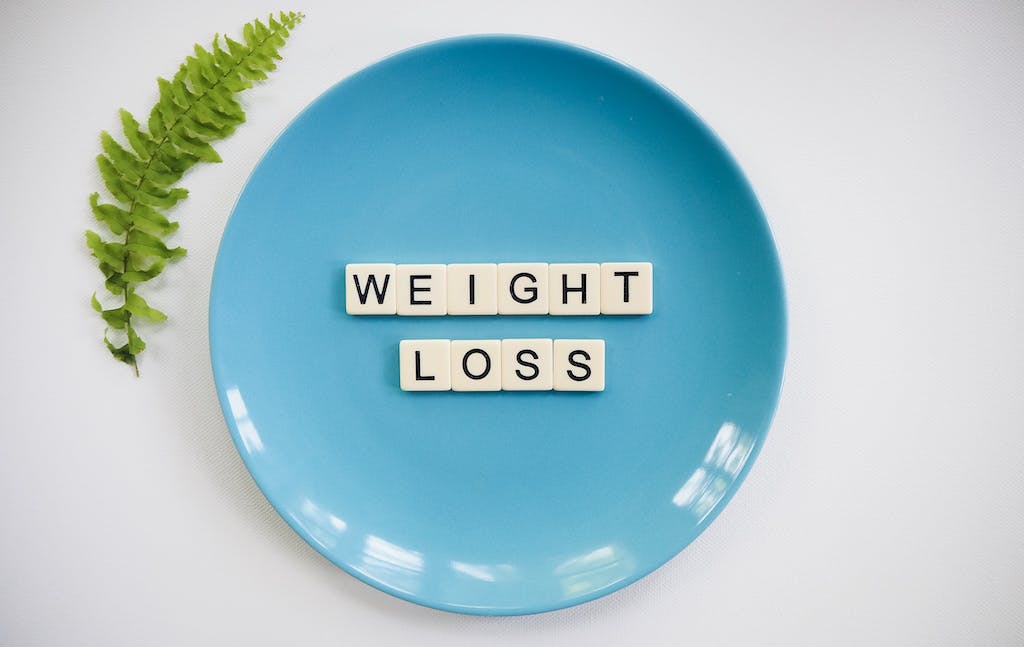The Connection Between Sleep And Weight Loss: How Getting Enough Sleep Can Help You Reach Your Weight Loss Goals
There are some affiliate links below, but they are all products I highly recommend. For more info, view my disclosure here.
Are you struggling to lose weight despite your best efforts at dieting and exercise? Have you considered that your lack of sleep may be hindering your weight loss progress?
Research has shown that there is a strong connection between sleep and weight loss, with getting enough quality sleep being a crucial factor for successful weight management.
We will explore the science behind the connection between sleep and weight loss, including the impact of sleep deprivation on hunger and cravings, as well as the relationship between sleep and energy levels.
We will also provide strategies for improving your sleep quality and incorporating sleep into your weight loss plan. By the end of this article, you will have a better understanding of how getting enough sleep can help you reach your weight loss goals and how to make sleep a priority in your weight loss journey.
The Science Behind Sleep and Weight Loss
You’re probably wondering how getting enough sleep can actually help you shed those extra pounds, right? Well, the science is pretty fascinating.
When you don’t get enough sleep, your body produces more ghrelin, the hunger hormone, and less leptin, the hormone that tells you when you’re full. This means that when you’re sleep deprived, you’re more likely to overeat and consume more calories than your body needs. Lack of sleep can lead to cravings for high-calorie, sugary foods.
But that’s not all. A lack of sleep can also affect your body’s ability to process insulin, which can lead to weight gain and even insulin resistance, a precursor to diabetes. When you don’t get enough sleep, your body’s insulin sensitivity decreases, which means your body has a harder time processing glucose. This can lead to higher blood sugar levels and an increase in fat storage.
Getting enough sleep is also important for your body’s metabolism. When you’re sleep deprived, your metabolism slows down, which means your body burns fewer calories throughout the day. This can lead to weight gain over time, even if you’re eating a healthy diet and exercising regularly.
If you’re looking to lose weight, make sure you’re getting enough sleep each night. It’s not just important for your health and well-being, but for your weight loss goals as well.
The Impact of Sleep Deprivation on Hunger and Cravings
Lack of sleep can lead to more hunger and stronger food cravings, which can make sticking to a healthy eating plan more difficult. This is because sleep is linked to the hormones that regulate appetite. When you don’t get enough sleep, levels of the hormone ghrelin, which stimulates appetite, increase, while levels of the hormone leptin, which suppresses appetite, decrease. This can make you feel hungrier and less satisfied after meals.
Studies have shown that sleep-deprived individuals are more likely to choose high-calorie, high-carbohydrate foods and snacks, especially in the evening. This is because sleep deprivation can lead to a decrease in the prefrontal cortex activity, which is responsible for decision-making and self-control. As a result, you may find yourself reaching for unhealthy snacks and comfort foods to satisfy your cravings, even when you know they’re not good for you.
Getting enough sleep is crucial for weight loss success. By ensuring that you get a good night’s sleep, you can keep your hormones in check and reduce your cravings for unhealthy foods. Aim for at least 7-8 hours of sleep per night, and try to stick to a regular sleep schedule as much as possible. This can help you stay on track with your healthy eating habits and make it easier to achieve your weight loss goals.
The Relationship Between Sleep and Energy Levels
Feeling tired and sluggish throughout the day can often be attributed to not getting enough sleep. Lack of sleep can lead to low energy levels, making it difficult to stay active and engaged in daily activities. When you’re sleep-deprived, your body produces less energy, which can result in decreased stamina and difficulty concentrating.
Getting enough sleep is crucial for maintaining optimal energy levels throughout the day. When you’re well-rested, your body is better equipped to handle physical and mental tasks, allowing you to feel more alert and focused. This increased energy can help you stay motivated to exercise and make healthier food choices, which are essential for weight loss.
In addition to promoting weight loss, proper sleep also plays a vital role in overall health and well-being. If you’re struggling to get enough sleep, try establishing a regular sleep schedule, avoiding caffeine and alcohol before bedtime, and creating a relaxing sleep environment.
By prioritizing sleep, you can improve your energy levels, enhance your weight loss efforts, and enjoy a happier, healthier life.

Strategies for Improving Sleep Quality
Improve your sleep quality and wake up feeling refreshed and ready to tackle the day by implementing these simple strategies.
Establish a consistent sleep routine. Going to bed and waking up at the same time every day, even on weekends, helps regulate your body’s internal clock and improve the quality of your sleep. Avoid napping during the day, as this can disrupt your nighttime sleep pattern.
Create a sleep-conducive environment. Keep your bedroom cool, dark, and quiet. Invest in a comfortable mattress and pillows that support your body. Remove any electronics, such as TVs or smartphones, from your bedroom to minimize distractions and reduce exposure to blue light, which can interfere with sleep.
Practice good sleep hygiene. Avoid caffeine, alcohol, and nicotine close to bedtime as they can disrupt sleep. Engage in relaxing activities before bed, such as taking a warm bath or reading a book. If you find yourself unable to fall asleep, get out of bed and do something calming, such as stretching or deep breathing, until you feel sleepy again.
By implementing these simple strategies, you can improve your sleep quality and set yourself up for success in reaching your weight loss goals.

Incorporating Sleep into Your Weight Loss Plan
Incorporating sleep into your weight loss plan is essential for achieving success and reaching your goals. When you don’t get enough sleep, your body produces more of the hormone ghrelin, which stimulates hunger, and less of the hormone leptin, which tells your brain when you’re full. This can lead to overeating and weight gain.
To make sure you’re getting enough sleep, aim for 7-9 hours of sleep each night. Create a sleep schedule and stick to it, even on the weekends. Avoid caffeine and alcohol before bed, as they can disrupt sleep patterns. Also, try to relax before bedtime by reading a book or taking a warm bath.
Getting enough sleep can also help you make better food choices. When you’re tired, you’re more likely to reach for sugary or high-fat foods for energy. However, when you’re well-rested, your body is better equipped to make healthier choices.
If you’re struggling with weight loss, try incorporating more sleep into your routine. It could be the missing piece to your puzzle.
By recognizing the important connection between sleep and weight loss, you’re already on your way to success.
Remember, getting enough sleep is crucial for regulating hunger hormones and reducing cravings. It also helps maintain the energy levels necessary for exercise and healthy eating.
By incorporating strategies for improving sleep quality into your weight loss plan, such as creating a relaxing bedtime routine and avoiding screens before bed, you can maximize the benefits of a good night’s sleep.
So go ahead, prioritize your sleep and watch as it helps you achieve the healthy and sustainable weight loss you’ve been striving for. Keep up the good work!






